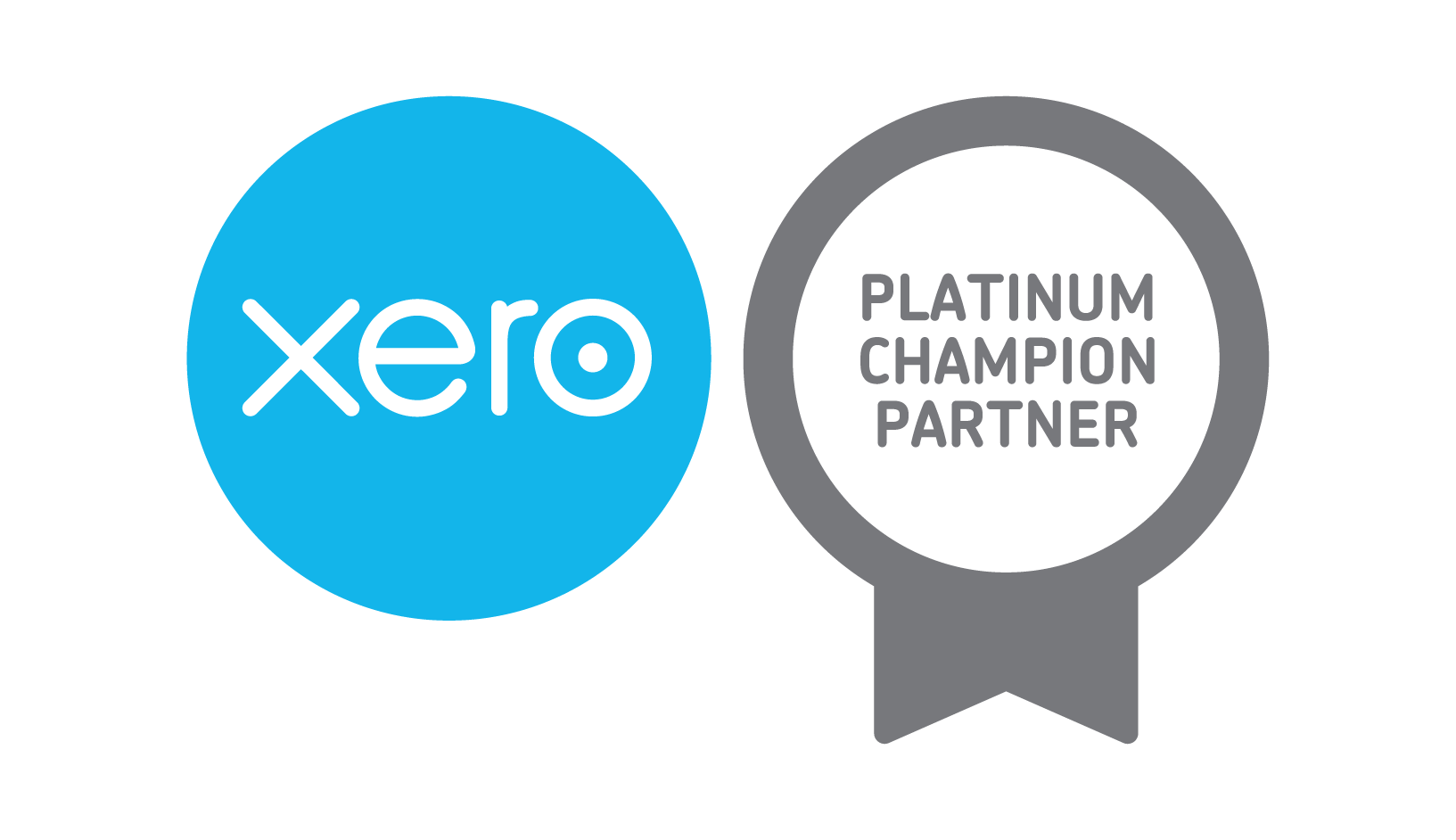The Government's plan for jobs
Date: Monday, 26 October 2020
Following the Chancellor’s initial announcements on 23 September, on Thursday the 22 October, Rishi Sunak unveiled enhanced support for businesses and workers to continue to support the economy over the coming months.
The key changes are set out below.
1. Job Support Scheme (JSS Open)
When originally announced, the JSS – which will come into effect on 1 November – saw employers paying a third of their employees wages for hours not worked and required employees to be working 33% of their normal working hours.
Under the new announcement employees only need to work at least 20% of their contracted working hours and employers will continue to pay the wages for staff for the hours they work.
For the remaining contracted hours not worked, the Employer will now pay 5% of the shortfall in the employee’s usual pay (previously 33%). The Government’s contribution will be 62% which is capped at £1,541.75 per month (previously £697.92 per month). This means those working only 20% of their usual hours will still receive 73% of their salary.
Employers will still be able to claim the £1,000 Job Retention Bonus in February 2021 for every member of staff that has at some stage been furloughed and who remain continuously employed through to the end of January 2021 provided they meet the eligibility criteria, so we advise Employers to carefully check this to confirm that they will qualify.
The Job Support Scheme Closed (JSS Closed) remains in place for businesses legally required to close. Each employee who cannot work due to these restrictions will receive two-thirds of their normal pay, paid by their employer, fully funded by the Government to a maximum cap of £2,083.33 per month although the employer has discretion to pay more than this if they wish.
Employers will be able to claim in arrears from 8 December.
2. Self-employment income support scheme extension
It had previously been announced that the Self-Employed Income Support Scheme (SEISS) would provide 20% of an individual’s average monthly trading profits in the form of a cash grant. The Chancellor has announced this is going to increase to 40% for each payment.
The third grant will cover November through to January, spanning three months of average monthly trading profits in one instalment – up to a maximum of £3,750 (previously £1,875).
An additional fourth grant will be available for self-employed individuals to cover the period from February 2021 to the end of April. The Government will review the level of this grant and set this in due course.
It has been suggested that taxpayers will need to declare that they have been affected since 1 November in order to qualify for the grants.
3. Business Grants
The Chancellor has also announced approved additional funding to support cash grants of up to £2,100 per month (dependent upon rateable value) primarily for businesses in the hospitality, accommodation and leisure sector who may be adversely impacted by the restrictions in high-alert level areas. These grants will be available retrospectively for areas who have already been subject to restrictions.
These grants could benefit 150,000 businesses in England, including hotels, restaurants and B&B’s and many more who are not legally required to close but have been adversely affected by local restrictions.
Further reading
In addition please see enclosed link for additional information and help:
- https://www.gov.uk/government/news/plan-for-jobs-chancellor-increases-financial-support-for-businesses-and-workers
- The detailed policy paper in relation to the JSS schemes can be found here: https://www.gov.uk/government/publications/the-job-support-scheme
This information is accurate at the time of publication but may be subject to change in due course.
- https://www.gov.uk/government/news/plan-for-jobs-chancellor-increases-financial-support-for-businesses-and-workers


